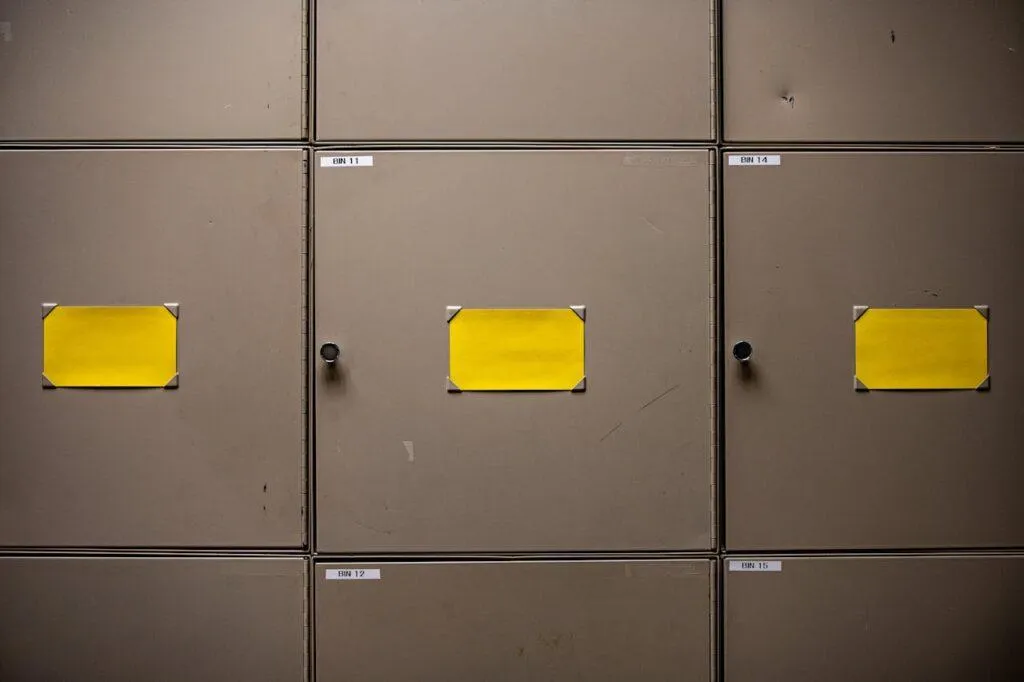Knowing how long to keep your tax returns and related documents helps you avoid potential issues if the IRS comes calling. Whether you’re dealing with income tax returns or sales and use tax returns, we’ll help you understand the retention requirements.
How Long Do You Need to Keep Tax Returns?
Past tax returns help you stay on top of your figures. But more importantly, you will need to present them if you or your business is ever audited by the IRS (Internal Revenue Service for the US). Failure to deliver comprehensive records can result in penalties, even if you’ve paid the correct tax.
Most of us now keep tax records electronically, and it’s not too costly or burdensome to hold on to returns (and backups!) for many years. But if you have steel filing cabinets full of tax returns dating back to the last century, you may be wondering if you’re safe to shred them.
The answer depends on the type of tax document and the status of your tax payments from that period. Read on for a full breakdown.

Income Tax Returns
For individual income tax returns, the IRS generally recommends keeping your records for:
- At least three years from the date you filed your original return or
- Two years from the date you paid the tax (if later)
That said, if you have any doubts about the accuracy of your income tax return, you should hold onto it permanently, along with any supporting documents. If you understate your income by more than 25%, the IRS has six years to pursue the case, and if your return is absent or fraudulent, there is no statute of limitations.
Sales and Use Tax Returns
We recommend keeping your business’ sales tax returns indefinitely where possible. State regulations for sales tax documentation vary, and you could face an audit many years after remitting your tax if there are any issues.
It’s best to hold onto all documents that could bear relevance to an audit:
- Sales receipts
- Purchase invoicesTax-exempt sales receipts
- Resale certificates
- Accounting spreadsheets
Other Documents
Other tax documents, such as those related to property transactions (e.g., home sales and stock purchases), should be kept for at least seven years after the transaction is completed. Employment tax records should be kept for at least four years after the date the tax becomes due or is paid, whichever is later.
How to Streamline Your Sales Tax Filing Process
It’s much easier to maintain comprehensive tax records when you’ve established a simple and thorough sales tax filing process.
- Use an end-to-end sales tax automation platform: We recommend using a dedicated sales tax automation tool to calculate sales tax rates accurately, automate your filings in each state, and keep your records up-to-date. Integrate this software with your eCommerce platform or accounting system to make filing and record-keeping much easier.
- Organize your records digitally: Keep and back up digital copies of all your sales tax-related documents. Use cloud storage solutions to organize your records and ensure they’re easily accessible.
- Stay informed: Tax laws often change. Make sure you’re getting up-to-date information from a reliable source to avoid facing an audit.
- Consult with a Tax Professional: Record-keeping can look very different for different businesses. Consider working with a dedicated sales tax wingman, who can ensure you’re filing and recording your taxable and exempt sales correctly.
Keeping tax returns for the correct length of time is important, but filling them in correctly is even more so. We help all kinds of businesses achieve sales tax compliance, offering a unique combination of automated filing software and specialist (human) support. Let us know if you need some help!
